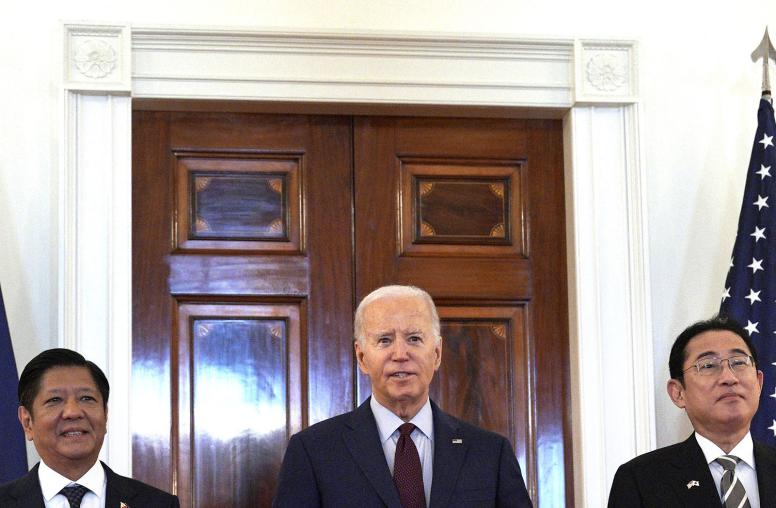China’s Role in North Korea Nuclear and Peace Negotiations
USIP Senior Study Group Report Launch
Despite high hopes after the first summit in Singapore, U.S.-North Korea negotiations remain deadlocked after a failed second summit in Hanoi. China, as North Korea’s largest neighbor and main trade partner, has played an important role in previous negotiations and should be encouraged to play a constructive role in moving talks forward. The United States hopes Beijing’s economic and diplomatic leverage with North Korea can help bring Pyongyang back to the negotiation table. But several factors complicate this goal, including tensions in the U.S.-China bilateral relationship and differences over an incremental or “all or nothing” approach to negotiations.
USIP’s China-North Korea Senior Study Group convened over several months to consider how Washington can best engage Beijing to advance progress on denuclearization and peace on the Korean Peninsula. The co-chairs and members of the group came together at USIP to discuss the main findings from their final report, which is the second in USIP’s China Senior Study Group Series examining Beijing’s influence on conflict dynamics around the world. Take part in the conversation on Twitter with #ChinaDPRK.
Speakers
Ambassador J. Stapleton Roy, opening remarks
Founding Director Emeritus, Kissinger Institute on China and the United States
Former U.S. Ambassador to China
Co-chair, USIP China-North Korea Senior Study Group
Ambassador Joseph Yun, opening remarks
Senior Advisor, USIP
Former U.S. Special Representative for North Korea Policy
Co-chair, USIP China-North Korea Senior Study Group
Daniel Russel
Vice President, International Security and Diplomacy, Asia Society Policy Institute
Former U.S. Assistant Secretary of State for East Asian and Pacific Affairs
Member, USIP China-North Korea Senior Study Group
Ambassador Kathleen Stephens
President, Korea Economic Institute of America
Former U.S. Ambassador to South Korea
Member, USIP China-North Korea Senior Study Group
Jennifer Staats, moderator
Director, East and Southeast Asia Programs, U.S. Institute of Peace
Executive Director, USIP China Senior Study Group Series



